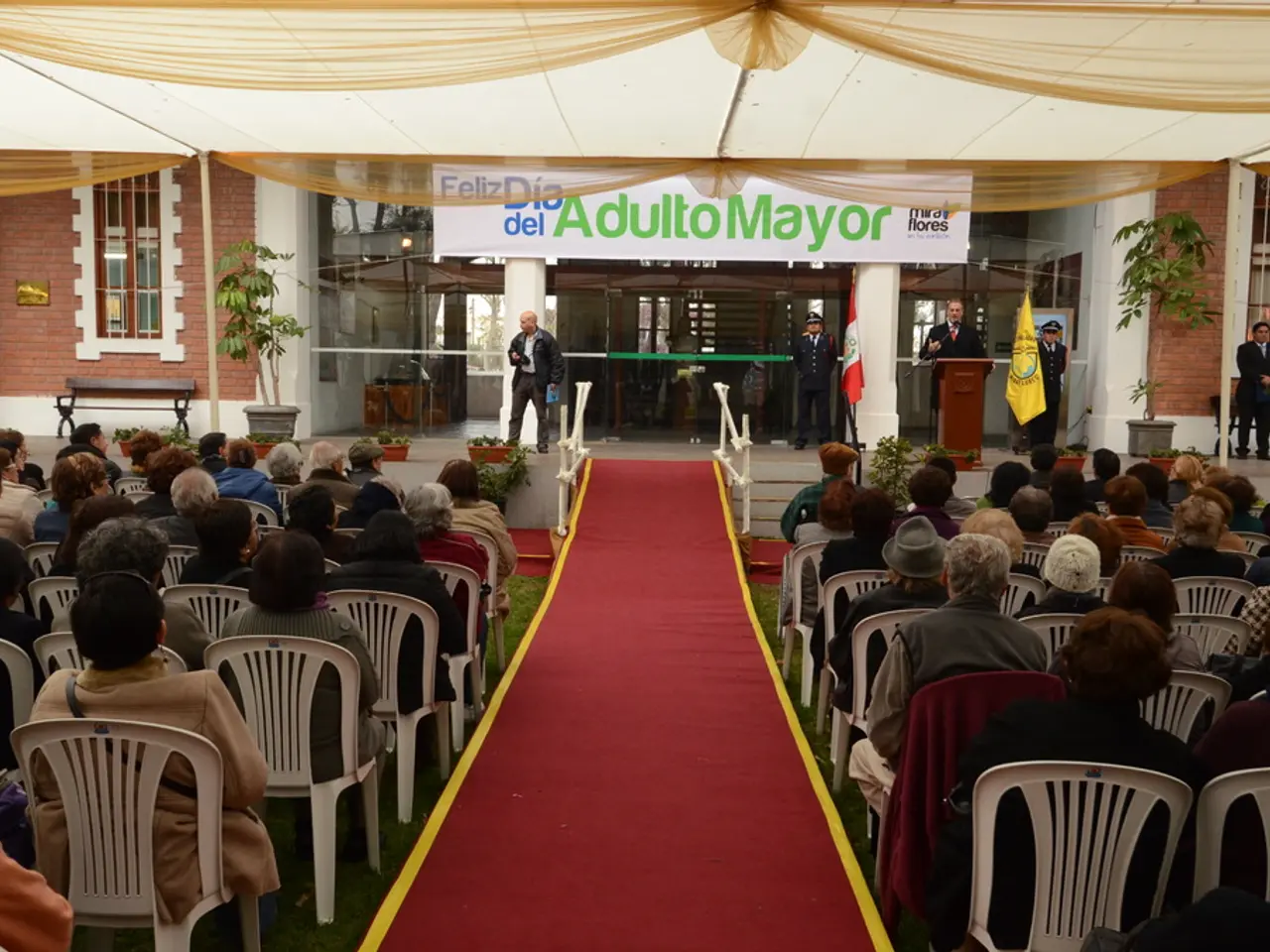Ineffective challenge to a competition's outcome: not providing equal chances for all parties involved
In a recent decision, the Federal Administrative Court in Leipzig has upheld the election of a deputy mayor by a city council, dismissing a complaint filed by a plaintiff who had applied for the position.
The case, which involved the constitutional principle of the best possible selection, was brought before the court following the plaintiff's failure to secure any votes in the city council election. Another candidate received seven votes, while the defendant was elected with 15 votes.
The complaint was made to the Federal Administrative Court in Leipzig, with Ralf Schick serving as a contact at the court. The court's decision, made under Case No: BVerwG 2 C 12.24, found that the city council did not violate the plaintiff's right to a fair selection process.
The court's decision was based on the city council's decision-making process, which was found to be based on municipal political considerations, but was not found to be objectionable as long as the formal requirements were met. The structure of the newly created position of deputy mayor did not indicate any bias on the part of the city council.
It is worth noting that no authoritative information or legal rulings related to this specific judicial decision by the Federal Administrative Court in Leipzig could be found in the search results. However, general knowledge regarding German administrative law and constitutional principles in local government elections suggests that this decision grants a candidate the right to a fair selection process during the election of a deputy mayor by a city council.
This decision serves as a reminder of the importance of fair and transparent selection processes in local government elections, ensuring that the best possible candidates are chosen to serve the public.
[1] Wikipedia excerpt on Leipzig mainly covers general information about the city, its mayoral and city council elections, but does not mention court decisions about selection processes or constitutional principles relevant to electing a deputy mayor.
The decision made by the Federal Administrative Court in Leipzig (Case No: BVerwG 2 C 12.24) suggests that a fair selection process was maintained during the election of a deputy mayor by a city council, though finance or business-related issues were not mentioned in the discussion. Despite the plaintiff's unsuccessful attempt to secure votes in the election, this decision underscores the importance of a career in public service, ensuring that the best possible candidates are chosen to serve the public's finance and business interests, as well as other local government matters.




